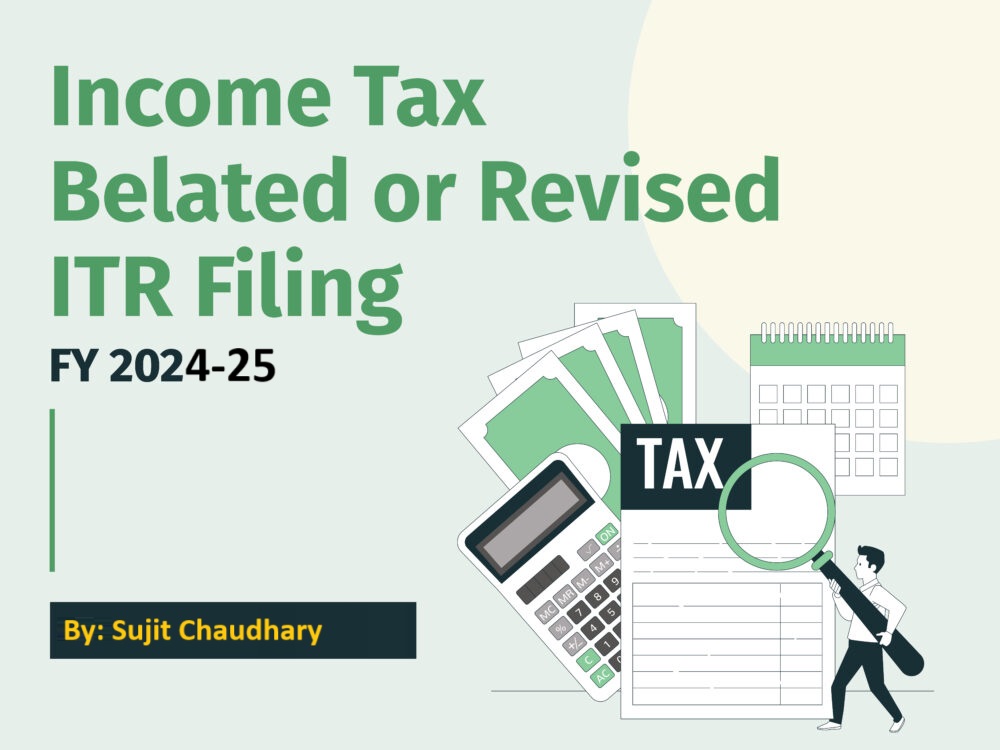As the deadline for filing Income Tax Returns (ITR) for Assessment Year (AY) 2024-25 approaches, it’s crucial for taxpayers to be aware of the timelines, penalties, and procedures to ensure compliance and avoid potential legal consequences.
Key Deadlines:
Original Return Filing Deadline: For individuals whose accounts do not require auditing, the due date was July 31, 2024.
Belated Return Filing Deadline: Taxpayers who missed the original deadline can file a belated return by December 31, 2024, with applicable penalties.
Updated Return Filing Window: If any income was omitted in the filed return, an updated return can be submitted within two years following the end of the relevant assessment year, i.e., until March 31, 2027.
Penalties for Late Filing:
Late Filing Fees: Filing a belated return attracts a penalty under Section 234F:
₹1,000 for taxpayers with a total income up to ₹5 lakh.
₹5,000 for taxpayers with a total income exceeding ₹5 lakh.
No penalty for individuals with gross income below the basic exemption limit.
Interest on Outstanding Tax: An interest charge of 1% per month or part thereof on the outstanding tax amount is levied from the original due date until the date of payment.
Consequences of Non-Filing:
Loss of Carry Forward Benefits: Belated returns result in the inability to carry forward certain losses (except loss from house property) to subsequent years.
Prosecution: Under Section 276CC of the Income Tax Act, failure to file returns can lead to prosecution:
Tax liability exceeding ₹25,000 may result in imprisonment ranging from 6 months to 7 years, along with a fine.
Tax liability below ₹25,000 may lead to imprisonment ranging from 3 months to 2 years, with a fine.
Increased TDS/TCS Rates for Non-Filers:
Non-filers are subject to higher rates of Tax Deducted at Source (TDS) and Tax Collected at Source (TCS):
The applicable rate is either double the standard rate specified in the Income Tax Act or Finance Act, or a flat 5%, whichever is higher.
If the recipient lacks a Permanent Account Number (PAN), the TDS rate may increase to 20% or more.
Mandatory Filing Thresholds:
Individuals with income above the basic exemption limits are required to file an ITR:
₹2.5 lakh under the old tax regime.
₹3 lakh under the new tax regime.
Recommendations for Taxpayers:
Timely Filing: Ensure that your ITR is filed before the due date to avoid penalties and interest charges.
Accurate Reporting: Provide complete and accurate information to prevent discrepancies and potential legal issues.
Stay Informed: Keep abreast of updates from the Income Tax Department to remain compliant with current regulations.
For detailed information and updates, refer to the official Income Tax Department website:
Note: This article is for informational purposes only and should not be construed as legal or financial advice. Consult a tax professional for personalized guidance.



